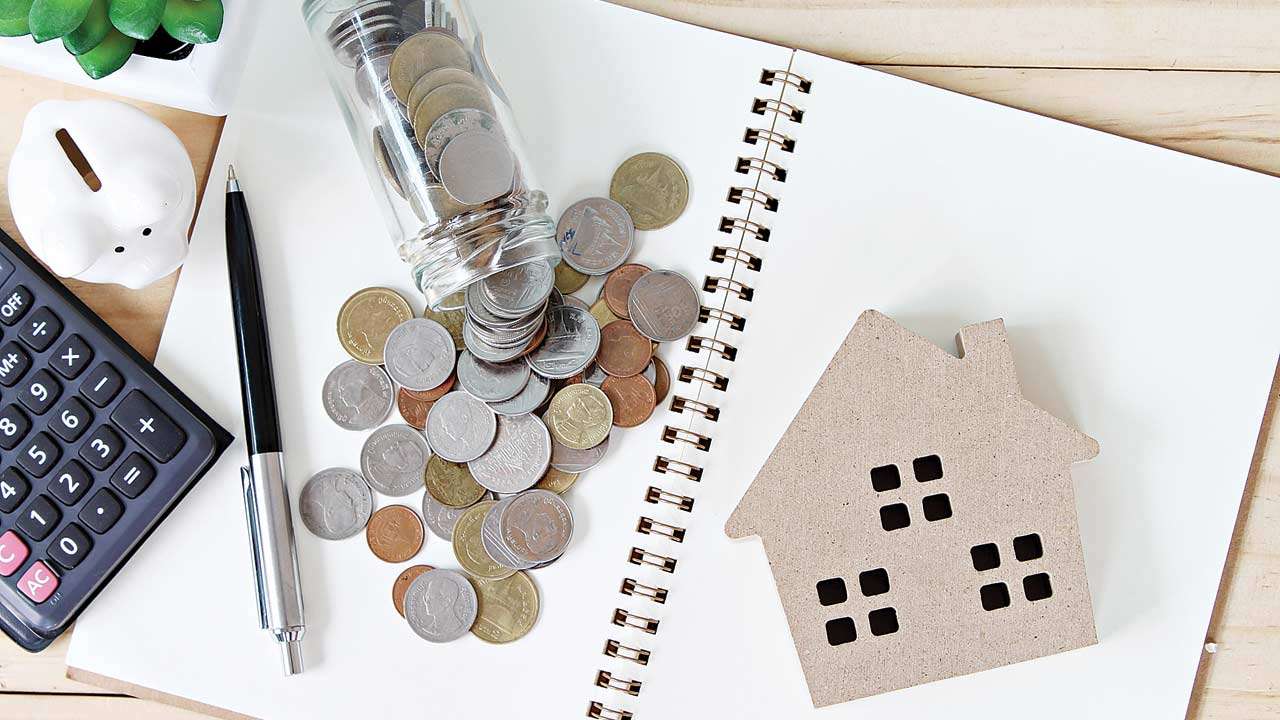Buying your first home is a big decision and it should not be taken lightly.
There are many factors that contribute to the high cost of homes. The most obvious one is the scarcity of land and the high demand for housing. It is also true that there are a lot of regulations and policies that make it difficult to build more homes in a limited amount of space.
Another factor is the lack of housing supply, which means that new homes are not being built fast enough to keep up with the demand. This has led to a shortage in housing units in many cities, which drives up prices for those who want to live there.
There are many factors to consider when buying a house including the location, size, and price.
You can use a house payment calculator to figure it all out ahead of time, and we will provide some advice in this article, too.
There are three main things to consider when financing your first home. Let’s explore them here so you can plan right.
Mortgage
A mortgage is the most common way to finance a home purchase. You borrow money from a bank or other financial institution and pay it back over time with interest.
The first thing you’ll need to do is find a mortgage company that offers the type of loan you’re looking for. You can search online or speak with your bank or credit union. If you’re looking to buy a home, some lenders offer loans without having to put down any money upfront, which may be more attractive if you don’t have the funds available at the time of purchase.
Mortgage loans are typically secured by collateral, such as a house or car, so borrowers must pay back the loan in full with interest when it comes due. The interest rate is determined by market rates at the time of application. They can change over time based on changes in market rates if you choose a variable-rate mortgage.
Down Payment
The down payment is the minimum amount of money you need to pay in order for your mortgage loan application to be approved. It can take anywhere from 5-10% of the purchase price depending on what type of loan you’re applying for (e.g., FHA loans require 3% down).
Down payments can be made in cash or with a loan. The down payment on a loan is taken out by the borrower to pay for the interest of the loan. If you have enough money saved up to make your down payment in cash, you will only need to pay closing costs and fees.
Closing Costs
Closing costs are the fees charged by a lender or broker for services related to closing on a property loan. These fees can be charged in addition to the interest rate of the loan.
Closing costs are not fixed and vary depending on the type of loan you are borrowing. For example, if you borrow money from a bank, you will have to pay an origination fee that is typically 1% of the amount borrowed. If you borrow from a private lender, your closing costs will be more expensive as they are typically higher than those associated with loans from banks.
Many people assume that closing costs are paid by the seller when they buy a home; however, in some states closing costs can be paid by both parties.
These are all important matters to consider when you’re planning to buy a house!




